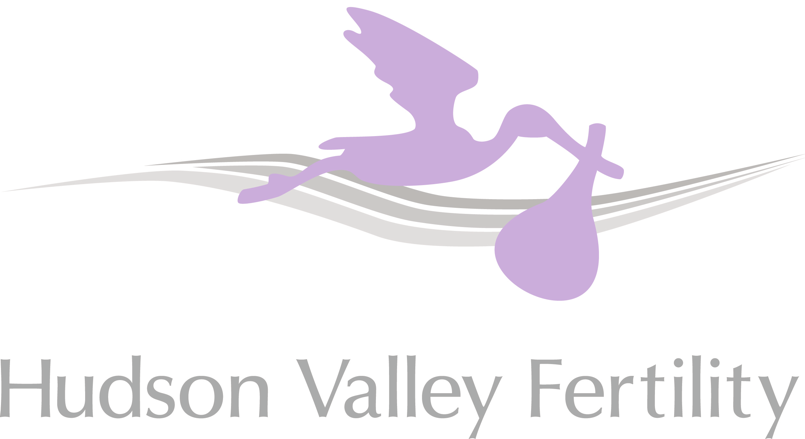Become An Egg Donor
Discover our process of turning dreams into reality for aspiring parents and exceptional egg donors.
What Is Egg Donation
Have you ever considered the possibility of becoming an egg donor? Engaging in this remarkable process can bring great satisfaction and joy to families. For many individuals, egg donation offers the key opportunity to realize their dream of parenthood.
The journey to achieving parenthood can be more complex than anticipated, as various fertility challenges may arise when attempting to conceive. According to data from the Centers for Disease Control and Prevention (CDC), approximately 13.4% of women aged 15 to 49 encounter fertility difficulties. This number increases to 16.3% among married women in the same age range.
For more than three decades, fertility specialists have utilized advanced reproductive technologies, such as in vitro fertilization (IVF) with donated eggs, to support numerous families in their quest to expand. The rising demand for egg donors can be attributed to women choosing to delay pregnancy until later stages of life and subsequently encountering issues like reduced ovarian reserve. Additionally, there is a growing necessity for donor eggs within the LGBTQ+ community, as many individuals, couples, and single parents seek to build families and require the support of egg donation to realize their aspirations.
Remain Annonymous as an Egg Donor
One key benefit of egg donation is the assurance of anonymity for both the donor and the recipient. This means that their names are not shared or exchanged during the process, whether the recipient is an intended parent(s) or a gestational carrier.
Although there is an option for donors and recipients to disclose their identities, the majority prefer to keep this information confidential. In cases where an open donation is chosen, it usually involves family members or friends.
Our clinic prioritizes the confidentiality of both the egg donor and the recipient. We strictly adhere to policies that prevent the sharing of their identities. This safeguard provides peace of mind for the egg donor, as it eliminates any potential future obligations or liabilities regarding the child, such as custody or child support.
Benefits to Becoming an Egg Donor
Help Others Start a Family
Offering the precious gift of family is among the most profound gestures one can make. Whether you choose to generously donate your eggs to assist a same-sex couple or a couple facing challenges in conceiving naturally, you play an indispensable role in bringing their dream of parenthood to life.
Being Compensated for Donating
In order to appropriately recognize the substantial time involved in the egg donation process, compensation is routinely provided. Hudson Valley Fertility ensures timely payment of all compensation within 30 days following the completion of the egg retrieval procedure.
Anonymity
Throughout the egg donation process, your information is kept confidential and anonymous thanks to specifically designed contracts. Hudson Valley Fertility takes measures to ensure anonymity is maintained. After the donation is finalized, your involvement in the process comes to an end.
In-Depth Fertility Assessment
Egg donors are offered comprehensive health and fertility assessments at no charge, enhancing their understanding of their overall well-being. Due to the costly nature of fertility testing, receiving a complimentary fertility assessment early on provides valuable insights into one's reproductive potential and equips individuals with the knowledge needed to make informed decisions regarding future family planning.
Egg Donor Requirements
A potential egg donor will work with our fertility clinic team to undergo extensive health screenings and evaluations to determine eligibility. Common requirements include (but not limited to):
- Age 21-30 years old.
- Menstrual cycles monthly.
- Body mass index (BMI) between 18-25 (calculate your BMI).
- Physically and mentally healthy.
- No recreational drug use.
- No smoking.
- Flexible for appointments over the course of 5-6 weeks.
- Able to self-inject medication.
- Able to abstain from sexual intercourse during the process.
Discover More About Egg Donation from the New York State Department of Health
Becoming an egg donor is a generous and life-changing decision. At Hudson Valley Fertility, we’re here to support you every step of the way as you consider helping others build the family they’ve been dreaming of.
We also believe it’s important that every donor is fully informed. That’s why we encourage you to visit the New York State Department of Health website, where you can explore detailed information about the egg donation process, your rights, health considerations, and what to expect.
Taking the time to educate yourself is the first step toward making an empowered choice.
Why Donate Eggs at Hudson Valley Fertility
Our egg donor program offers exceptional quality care in a localized setting. Experienced medical professionals oversee every aspect of your care to ensure the highest service standards. By choosing our program, you will benefit from streamlined and comprehensive care, eliminating the need to navigate multiple locations commonly associated with agency-based donation processes.

